
Qseven Standard
Cost-effective for high-volume projects
Reduced energy consumption
Compact
Low-profile design
Ideal for IoT projects
High-speed MXM connectors
Advantages of the Computer-on-Module Approach
Design investment limited to the carrier board
Consolidated standards
Scalable and future-proof solutions
Long-term availability
ARM and x86 compatibility
Multi-vendor solutions
Highly configurable
Innovative and updatable solutions
Reduced time-to-market
Description
A compact and low-energy-consumption Computer-on-Module standard that is perfect for IoT projects.
SECO, one of the standard’s founders in 2008, boasts over a decade of experience in the design and production of Qseven® with both ARM and x86 architectures.
Qseven® General Features
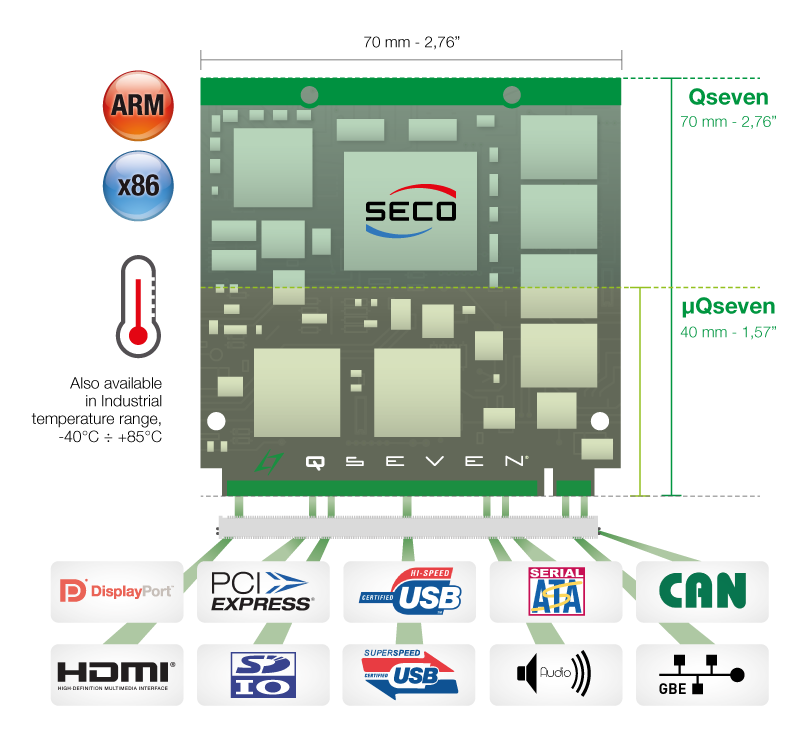
-
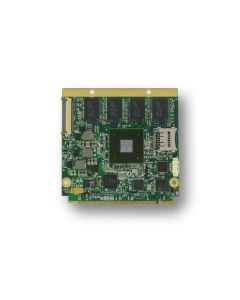 SOM-Q7-MX6Qseven® Computer on Module (CoM) with NXP i.MX 6 Processor (ALKES - 928)
SOM-Q7-MX6Qseven® Computer on Module (CoM) with NXP i.MX 6 Processor (ALKES - 928) -
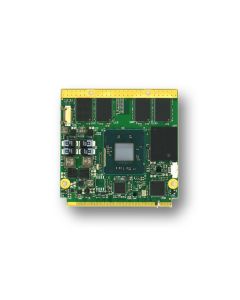 SOM-Q7-BTQseven® Rel. 2.0 Compliant Computer on Module (CoM) with Intel® Atom™ E3800 and Celeron® (Codename: Bay Trail) Processors (AVIOR - 974)
SOM-Q7-BTQseven® Rel. 2.0 Compliant Computer on Module (CoM) with Intel® Atom™ E3800 and Celeron® (Codename: Bay Trail) Processors (AVIOR - 974) -
 SOM-Q7-BT-2Qseven® Rel. 2.0 Computer on Module (CoM) with Intel® Atom™ E3800 and Celeron® (Codename: Bay Trail) Processors. (ASTERION - A36)
SOM-Q7-BT-2Qseven® Rel. 2.0 Computer on Module (CoM) with Intel® Atom™ E3800 and Celeron® (Codename: Bay Trail) Processors. (ASTERION - A36) -
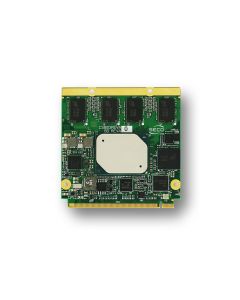 SOM-Q7-APLQseven® Rel. 2.1 Computer on Module (CoM) with Intel® Atom X Series, Intel® Celeron® J / N Series and Intel® Pentium® N Series (Codename: Apollo Lake) Processors. (NAOS - B03)
SOM-Q7-APLQseven® Rel. 2.1 Computer on Module (CoM) with Intel® Atom X Series, Intel® Celeron® J / N Series and Intel® Pentium® N Series (Codename: Apollo Lake) Processors. (NAOS - B03) -
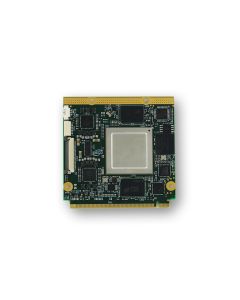 SOM-Q7-MX8Qseven® Rel. 2.1 Computer on Module (CoM) with NXP i.MX 8 Applications Processors . (MAIA - C26)
SOM-Q7-MX8Qseven® Rel. 2.1 Computer on Module (CoM) with NXP i.MX 8 Applications Processors . (MAIA - C26) -
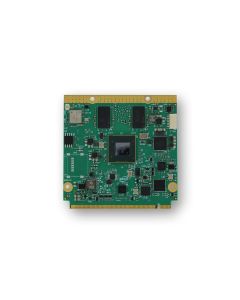 SOM-Q7-MX8MQseven® Rel. 2.1 Computer on Module (CoM) with NXP i.MX 8M Applications Processors. (MIRA - C25)
SOM-Q7-MX8MQseven® Rel. 2.1 Computer on Module (CoM) with NXP i.MX 8M Applications Processors. (MIRA - C25) -
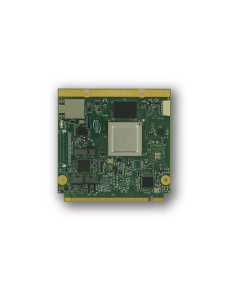 SOM-Q7-MX8XQseven® Rel. 2.1 Computer on Module (CoM) with NXP i.MX 8X Applications Processors . (ARCALIS - C58)
SOM-Q7-MX8XQseven® Rel. 2.1 Computer on Module (CoM) with NXP i.MX 8X Applications Processors . (ARCALIS - C58) -
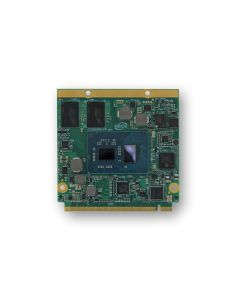 SOM-Q7-EHLQseven® Rel. 2.1 compliant Computer on Module (CoM) with Intel® Atom® X6000E Series, Intel® Pentium® and Celeron® N and J Series SoCs (Codename: Elkhart Lake) . (ATLAS - D62)
SOM-Q7-EHLQseven® Rel. 2.1 compliant Computer on Module (CoM) with Intel® Atom® X6000E Series, Intel® Pentium® and Celeron® N and J Series SoCs (Codename: Elkhart Lake) . (ATLAS - D62) -
![DELTA [Discontinued]](https://edge.seco.com/media/catalog/product/cache/de7727808b882091b113e9d58604848d/Q/7/Q7-922_1_3.jpg) DELTA [Discontinued]Qseven® module with NVIDIA® Tegra® T30 Processor
DELTA [Discontinued]Qseven® module with NVIDIA® Tegra® T30 Processor